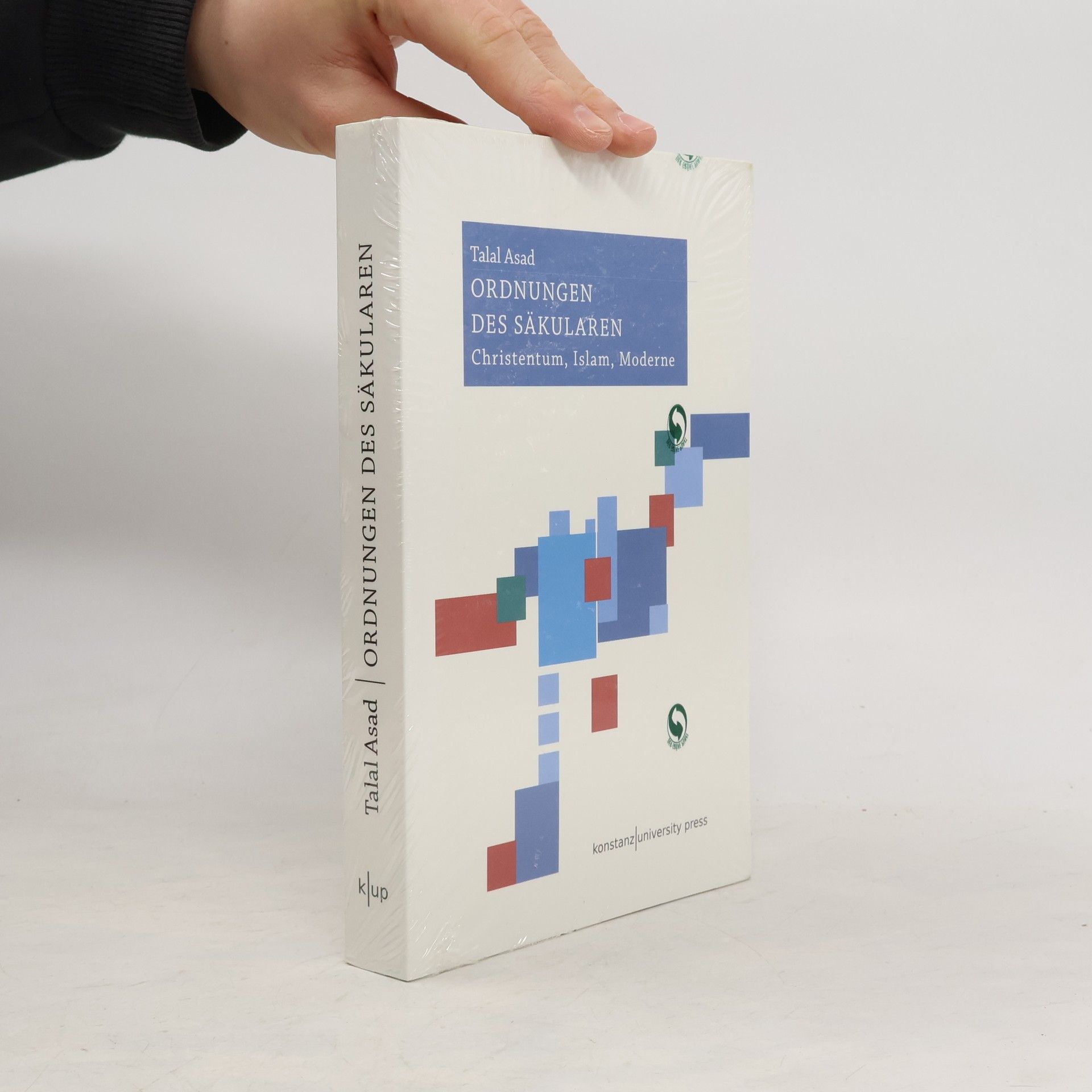Secular Translations
- 232 pages
- 9 hours of reading
In Secular Translations, anthropologist Talal Asad reflects on his lifelong engagement with secularism and its contradictions. He draws out the ambiguities in our concepts of the religious and the secular through a rich consideration of translatability and untranslatability.


